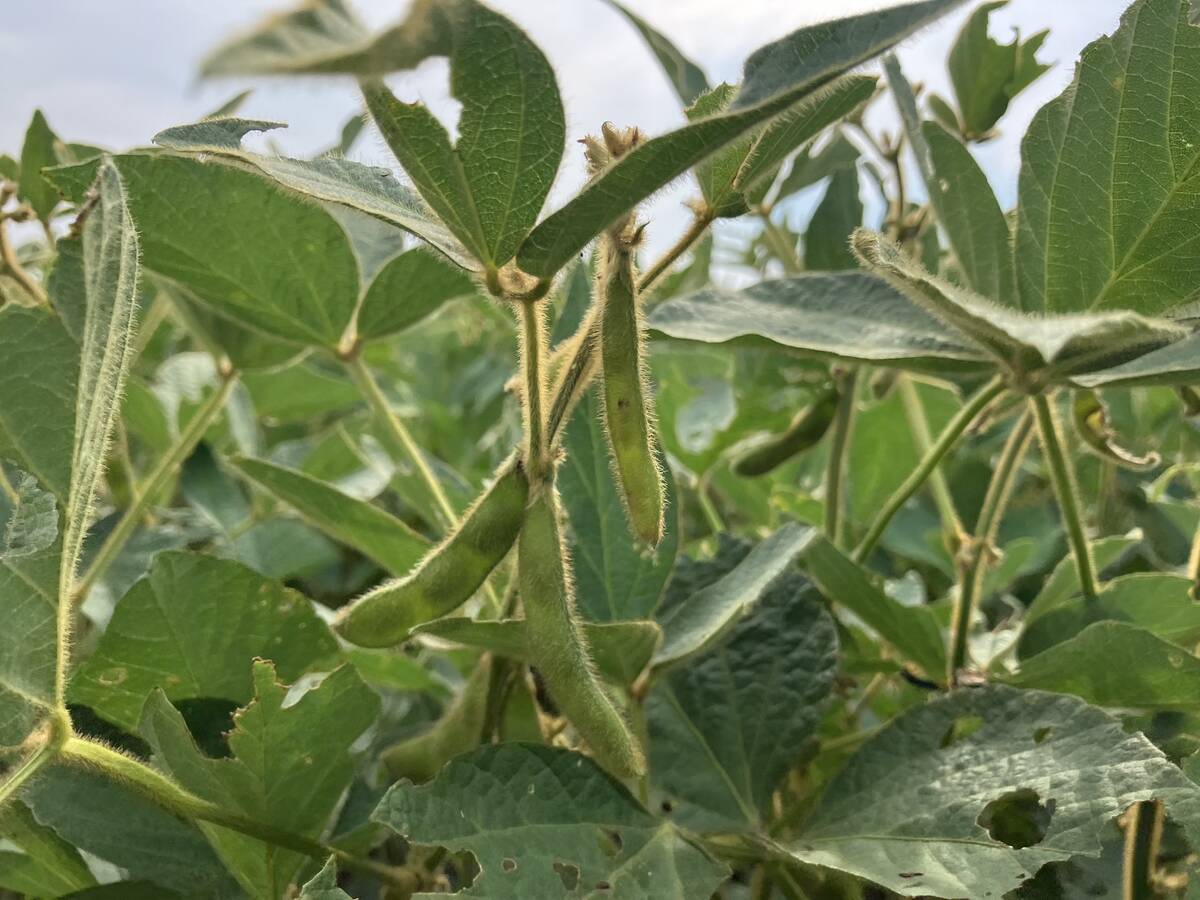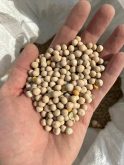Chicago | Reuters — U.S. cattle and hog futures firmed on Tuesday following two sessions of declines after U.S. Department of Agriculture (USDA) data showed a larger-than-anticipated decline in cold-storage stocks of pork and beef.
The USDA stocks report, released after the close on Monday, showed a record-large drop in U.S. frozen pork inventories in May and a steep drop in frozen beef supplies.
Frozen inventories plunged last month as outbreaks of the new coronavirus among meatpacking workers slowed production and exporters drew from supplies in storage.
Read Also

Huge crops in South America says analyst
Although there’s a debate over the size of the South American soybean crop, there’s little doubt that it will be an enormous one, said consultant Michael Cordonnier of Soybean and Corn Advisor in Hinsdale, Ill.
Chicago Mercantile Exchange (CME) July lean hogs gained 0.075 cent to 46.9 cents/lb., while actively traded August jumped 1.4 cents, to 52.5 cents/lb. (all figures US$).
CME August live cattle rose 2.075 cents to 97.2 cents/lb. and August feeder cattle jumped 1.45 cents to 133.2 cents/lb.
“This is certainly a cold storage report reaction. Pork numbers were a record for any previous month and the beef numbers were the second largest decline of any previous month,” said Rich Nelson, chief strategist with Allendale Inc.
Ample supplies of livestock following coronavirus-related supply-chain disruptions continue to hang over the market.
Hog traders are looking ahead to a quarterly USDA report on Thursday that is expected to show a 3.7 per cent expansion of the U.S. hog herd in the March-to-May quarter.
Traders are also monitoring U.S. trade with China after White House trade adviser Peter Navarro on Monday walked back on his earlier remarks that the U.S.-China trade pact was “over,” stoking volatility in markets already rattled by the coronavirus pandemic.
Markets are also wary about requests by Chinese authorities to certify food import shipments to be free of coronavirus contamination. Although there is no evidence that the virus can be transmitted from food to people, at least three Brazilian meat processors have signed such declarations.
— Karl Plume reports on agriculture and ag commodities for Reuters from Chicago.
















